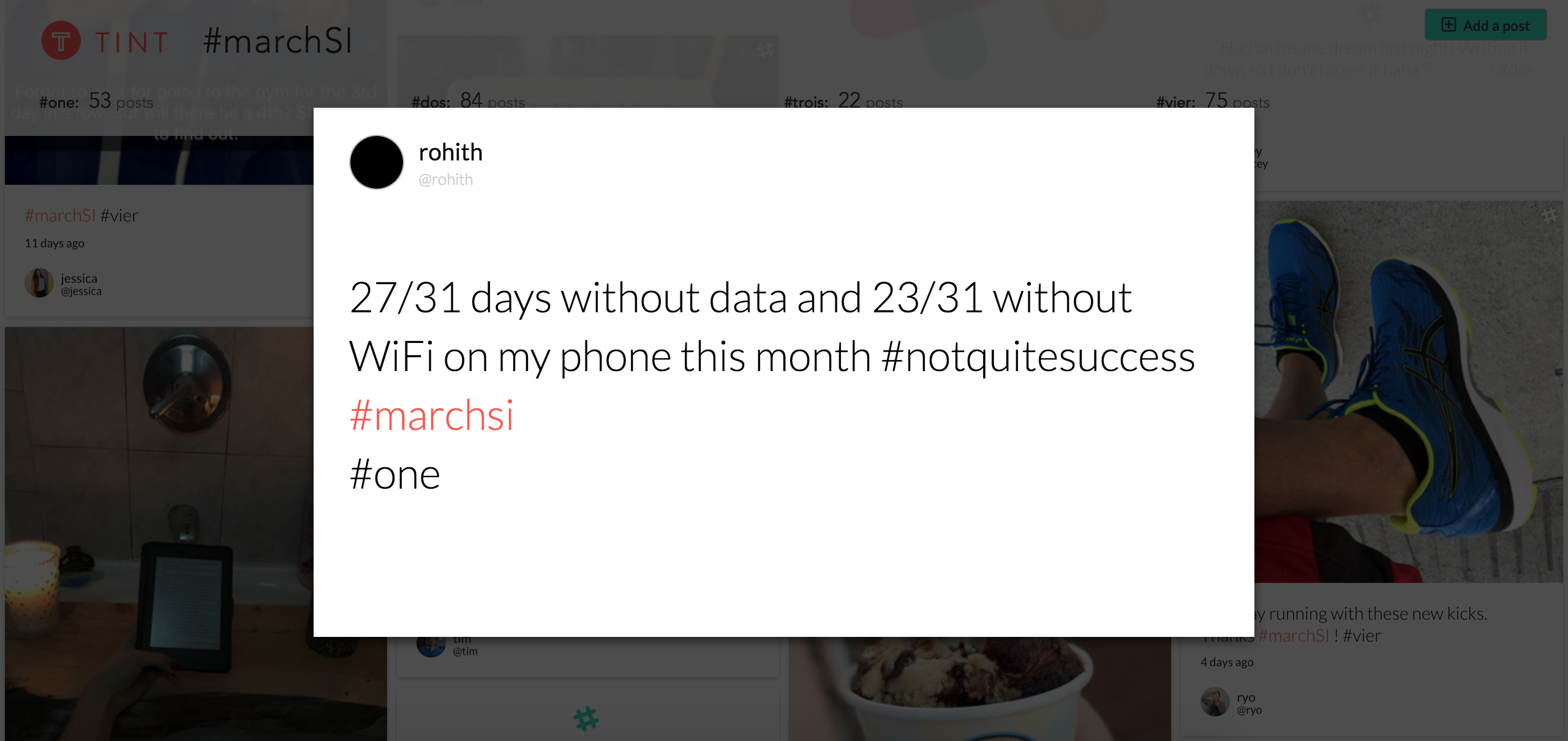For some reason I thought I could do a Half Ironman in Miami. When I signed up in May, giving myself about 4.5 months to train, I’d never swum laps, never seriously biked (especially in clipless pedals), and never run more than 5 miles. To make it all better I’d be working at a tech start-up, something notoriously known for long hours…but I thought I could do a Half Ironman. Maybe I just wanted a vacation in Miami.
For those that don’t know, a Half Ironman involves swimming 1.2 miles, biking 56 miles, and then running a half marathon (13.1 miles). I have a chronic issue with creating ambitious goals, being hella obsessed with that goal for about four weeks and then completely losing interest and giving up. Now I was trying to train for a half Ironman and work at a startup at the same time. Great idea!
Going at your goal blindly will cause you to lose interest, get frustrated, and give-up. That’s a waste of your time. No matter how ambitious your goal is, you need some sort of structure to build from to find success. So with the race about a month away, I’ve written down some tips that have actually helped me to stick with my goal for the past 4 months, while working long start-up hours! That’s a new record already.
Write down your plan
This involves planning out your goals months in advance. I started by trying to plan a training schedule out in my head. Don’t do that. It’s so ineffective. First, if it’s in your head, you will make excuses up like, “Hmm I forgot what I was supposed to do today so I’ll take a Rest Day”. Even if you don’t make up excuses, there is no way for you to remember what you did, or what you’ll do in the future.
I created an Excel document detailing every little detail of my plan for the past 2 months. It doesn’t just say “Monday-Run Easy”, it says “Monday, September 8 – Run (5 minute warmup, 50 minute run 75%, 5 minute (70%), 5 minute cool down)”. Be specific. The more specific you are, the easier it will be for you to stay on top of your goal. I used an article by Active.com to help me create a plan, and then built on top of that with more specificity after talking with a past Ironman finisher.

Find a company culture that supports self-improvement.
To really be successful you need a company, in my case a startup, that backs you and supports your goals. After all, working up to 12 hours per day can cause you to lose motivation unless you have a supportive, open and flexible company culture.
You need to immerse yourself in an environment where your goals are not met with an artificial impression of interest, but appreciation, respect, and curiosity. Many companies will tell you that they want you to reach your goals and have a life outside of your job, but not many follow-through. Find that company where you, and all of your colleagues, can add to the value of the company because you have an outside life and a goal or hobby that leads to higher productivity in the work place. Tint takes self-improvement seriously. We have a monthly self-improvement program that encourages and pays for employees to reach their goals and better their lives. It’ s part of the culture and something that binds our successful organization together.
Specify your motivation
This was probably the number one reason that I gave up on most of my goals in the past. It was not that I didn’t have motivation, it was that I didn’t understand what the motivation was and how to use the motivation to reach my goals.
Once you know what the motivation is, write it down, and have it in your mind every time you go to train. My motivation involved going to Miami, the large price tag for signing up, the fact that my grandparents, parents, brother, and girlfriend were going to be there, and at one point my motivation was to beat this random guy’s triathlon time, who bragged to me about what a boss he was.
Cultivate that motivation to keep you going. It’s going to be a mental challenge at times with everything else going on around you, like working long hours, travelling, not having the right equipment, or at time, just not having the energy. Motivation is what keeps you going when the rest of your life is pushing against you.
Try to get flexibility in your schedule
Having some flexibility in your work schedule is also key. If a job requires you to work at specific times with no leeway, you may have a harder time of achieving your goal. For example, Tint allowed me to leave work at 1 o’clock on a Friday to drive 2 hours to a practice triathlon. They knew that I wouldn’t be productive for 2 hours while I was driving in a car, but trusted me enough to know that I would continue working and finish my day once I arrived at my hotel. If your company is too strict to realize that you can still complete your work while achieving your outside goals, you’ll need to work much harder to be successful.
Most of all, you need to feel like you are a valued member of your company; helping your team to move forward day in and day out. This is how I feel at Tint, whether is be increasing revenue, answering phones, or just putting smiles on people’s faces, it all matters. But it really only matters if you believe it does. I work in a culture where encouragement is constant. Find a company where you can bring value, feel valued, and feel trusted no matter where or when you work.
A positive attitude, specific motivation, and a support network will add to the likelihood of you achieving a goal. Being around a team that is caring, encouraging, and passionate about work and life will really help you to realize that it’s worth dedicating time to make yourself better. Break out of your cubicle and start checking off the things on your bucket list.

The author, Quinn Cox, taking advantage of Tint’s flexible work schedule to check something else off his bucket list.




